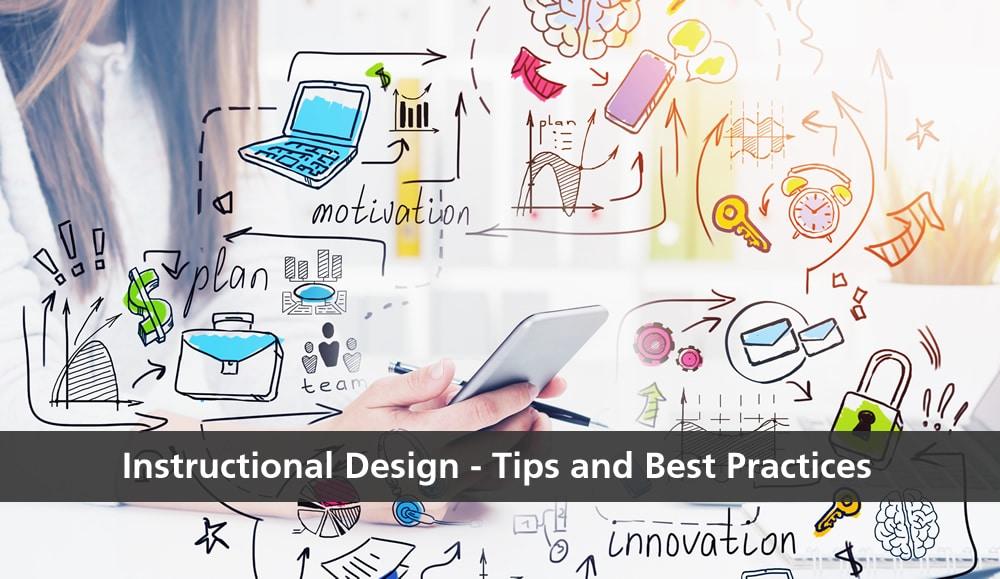10 Key Reasons too Hire an Instructional Design Consultant for Effective Training Solutions
The landscape of education technology is rapidly evolving, demanding innovative approaches to curriculum development, teaching strategies, and online learning solutions. Whether you are a job seeker aspiring to build a career in educational technology, or part of an institution seeking to enhance staff capabilities, understanding the value of an instructional design consultant is essential. Instructional design consultants play a crucial role in transforming training programs across universities, colleges, and schools. In this article, we’ll explore the top 10 reasons to hire an instructional design consultant and how their expertise leads to more engaging, effective, and scalable training solutions.
What Is an Instructional Design Consultant?
An instructional design consultant specializes in analyzing, designing, developing, and evaluating learning experiences using the latest pedagogy and educational technology tools. They collaborate with educators and administrators to create curriculum and training modules tailored to the specific needs of the learners and the institution,making them indispensable for higher education and K-12 environments alike.
The Top 10 Reasons to Hire an instructional Design consultant
-
Expertise in Learning Theories and Pedagogical Frameworks
Instructional design consultants bring deep knowledge of effective learning principles,instructional models,and teaching methodologies. Their expertise ensures that every course,whether online or face-to-face,meets the cognitive and developmental needs of students.
-
Customized Training Solutions
No two educational environments are alike. Consultants perform thorough needs analyses to deliver highly customized training programs that address specific learning objectives and unique institutional challenges.
-
Integration of Modern Educational Technology
Educational technology is constantly evolving. Instructional designers help institutions seamlessly integrate the latest platforms—such as Learning Management Systems (LMS), interactive eLearning modules, and multimedia tools—enhancing the overall learning experience and accessibility.
-
Increased Engagement and Knowledge Retention
by leveraging interactive content, microlearning, and gamification, instructional design consultants boost learner engagement and ensure higher retention rates, making training more effective and meaningful for students.
-
Cost and Time Efficiency
Well-designed training programs reduce repetitive instruction, minimize resource waste, and streamline the implementation process. Instructional design consultants ensure the solutions are efficient and lasting, saving institutions both time and money.
-
quality Assurance and Assessment
Rigorous evaluation and continuous improvement are at the core of instructional design. consultants create assessment tools to measure the effectiveness of training, analyse data, and tweak programs to maximize impact.
-
Scalability for Growing Institutions
As universities, colleges, and schools expand, so must their training solutions. Instructional design consultants develop scalable modules, making it easy to maintain consistent quality across diverse campuses and online environments.
-
Support for Diverse Learner Needs
accessibility and inclusivity are cornerstones of modern education. Instructional design consultants create materials that support students with various learning styles, abilities, and backgrounds, ensuring equity in every classroom.
-
Keeping Up with Compliance and Accreditation
Educational standards and regulations shift frequently. Consultants stay informed about the latest compliance requirements and ensure training content aligns with accreditation standards, safeguarding institutions from potential setbacks.
-
Professional Development for Faculty and Staff
Instructional design consultants do more than support student learning; they empower faculty and staff through well-structured professional development programs, fostering a culture of lifelong learning and adaptation.
benefits of Hiring an Instructional Design Consultant
- Improved Learning Outcomes: Well-designed programs lead to measurable improvements in student performance and satisfaction.
- Consistent Curriculum Delivery: Standardized materials ensure that every student receives the same high-quality education, irrespective of instructor or delivery mode.
- Modernization of Academic Programs: Consultants help institutions stay current by introducing the latest industry trends, tools, and best practices.
- effective Use of Resources: By optimizing course materials and teaching strategies, institutions maximize return on investment in educational technology.
- Better Stakeholder Collaboration: Instructional design consultants facilitate communication between administrators, faculty, and students to create cohesive learning environments.
Practical Tips for Working with Instructional Design Consultants
- Set Clear Objectives: Begin every project by defining specific, measurable goals for your training or curriculum redesign.
- Foster Open Communication: Establish regular meetings and feedback loops between consultants, educators, and management to ensure alignment throughout the project.
- Encourage Faculty Involvement: Faculty buy-in is crucial for the success of any instructional design initiative. Involve them during the planning and development stages.
- Monitor and Evaluate Progress: Use data-driven assessment tools to track learner outcomes and make evidence-based improvements to your training solutions.
- Invest in Continuous Learning: Support ongoing professional development in educational technology for both consultants and internal staff.
Instructional Design Consultant Roles in Education Technology
For job seekers interested in education technology roles within universities, colleges, or schools, working as an instructional design consultant offers a dynamic and rewarding career path. You’ll collaborate with educators to enhance course design, apply innovative educational technologies, and ultimately impact the way knowledge is delivered and absorbed. Your expertise will help drive digital conversion, ensure compliance, and support the professional growth of faculty and students alike.
- Developing online and blended learning courses
- Creating interactive multimedia and assessment tools
- Evaluating existing curricula and suggesting improvements
- Facilitating faculty training in educational technology
- Ensuring accessibility and inclusivity in course design
Conclusion
The demand for skilled instructional design consultants is greater than ever as schools, colleges, and universities strive to provide engaging and effective training solutions in a fast-changing educational landscape. Whether you’re seeking to advance your career in education technology or looking to elevate your institution’s learning offerings, the expertise of an instructional design consultant unlocks new opportunities for innovation, efficiency, and measurable learning outcomes.Embracing their guidance is not just an investment in technology—it’s an investment in the future of education.

